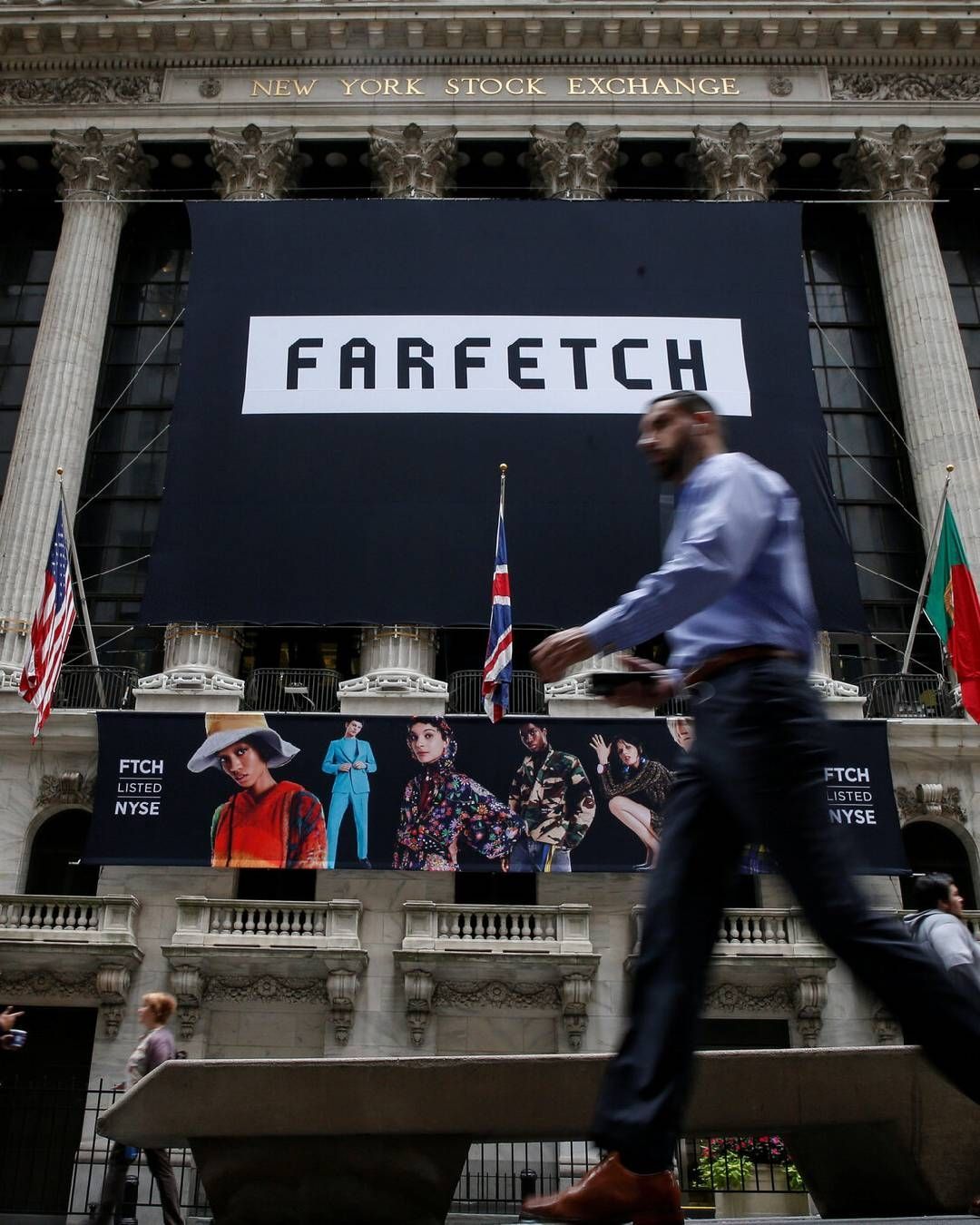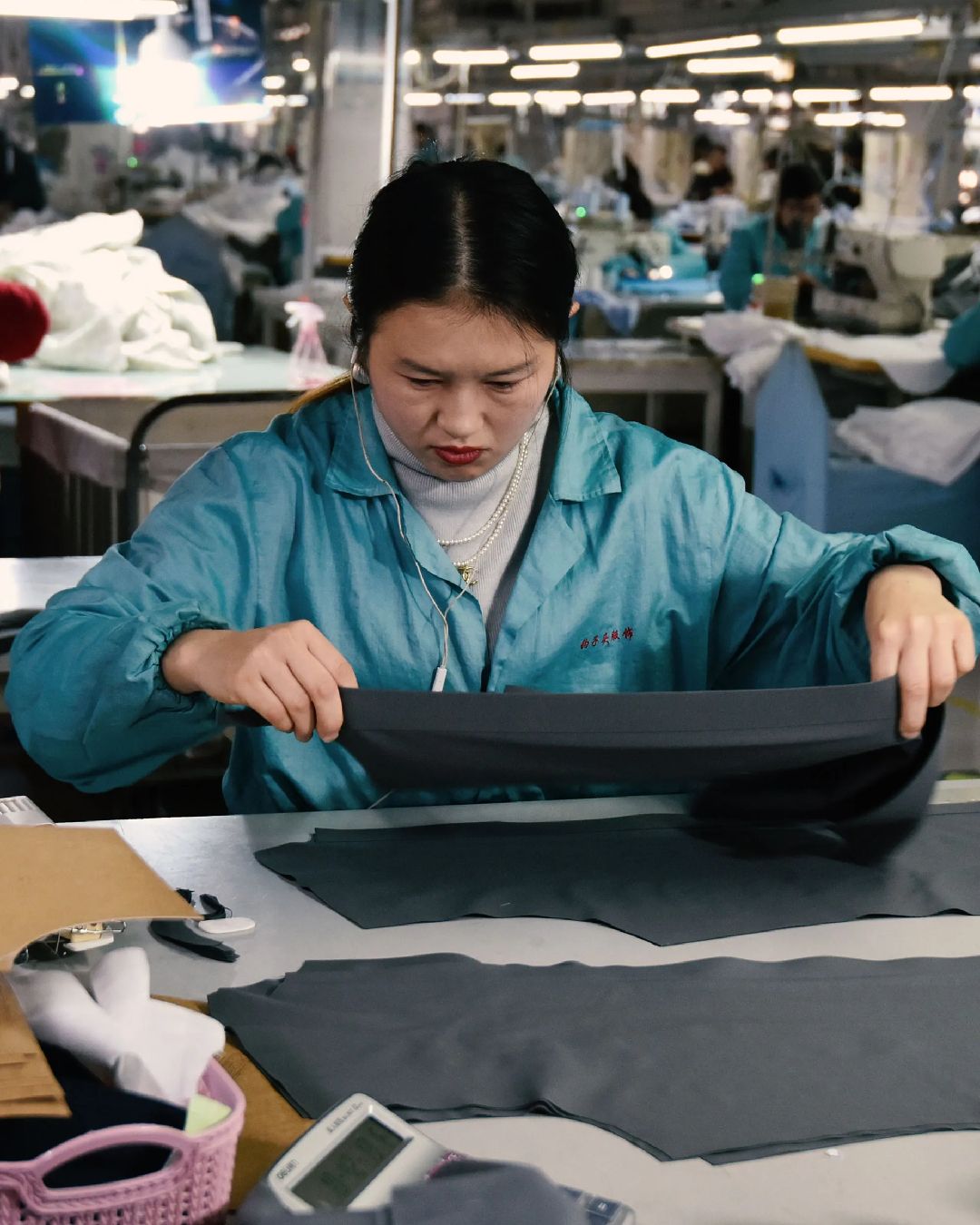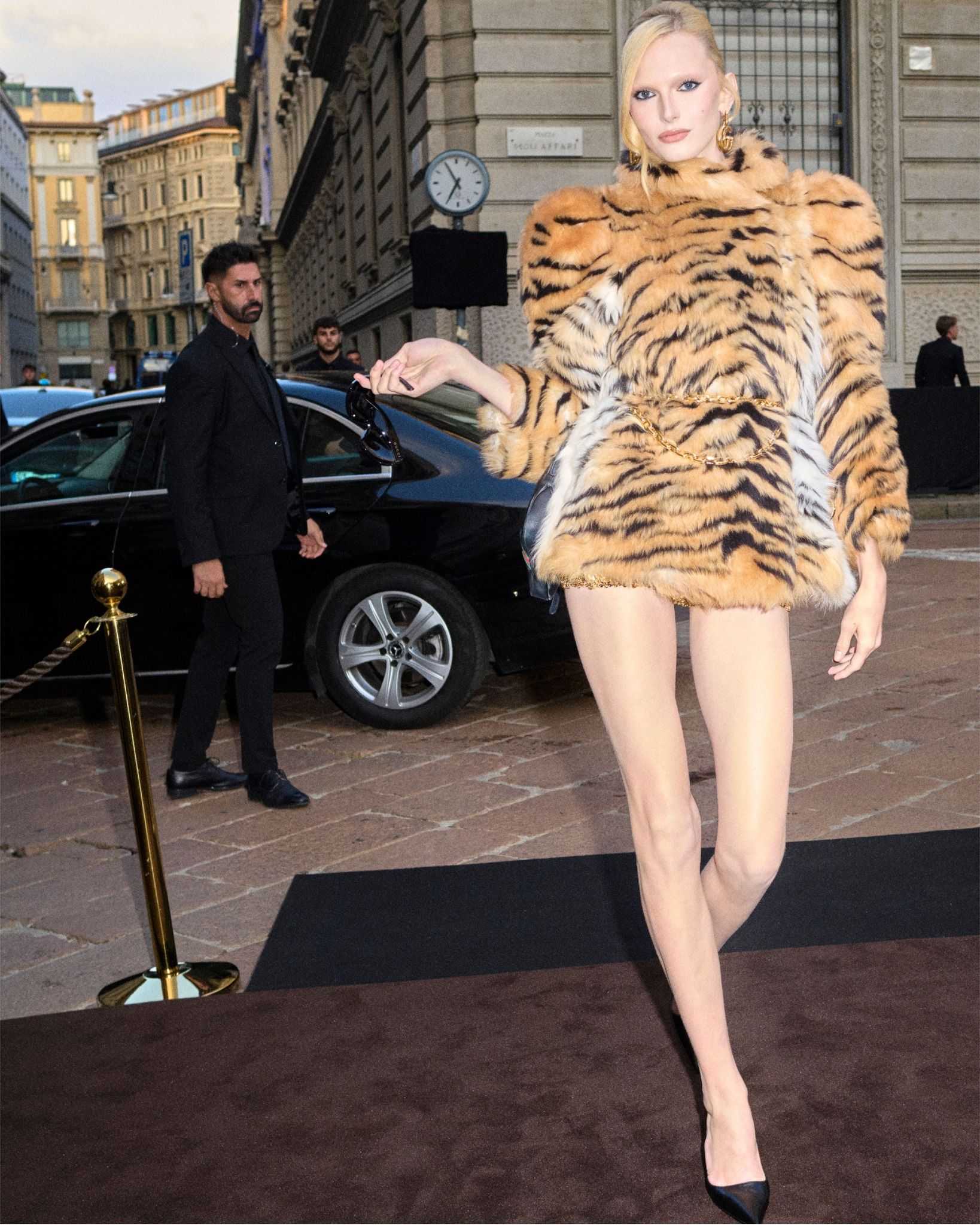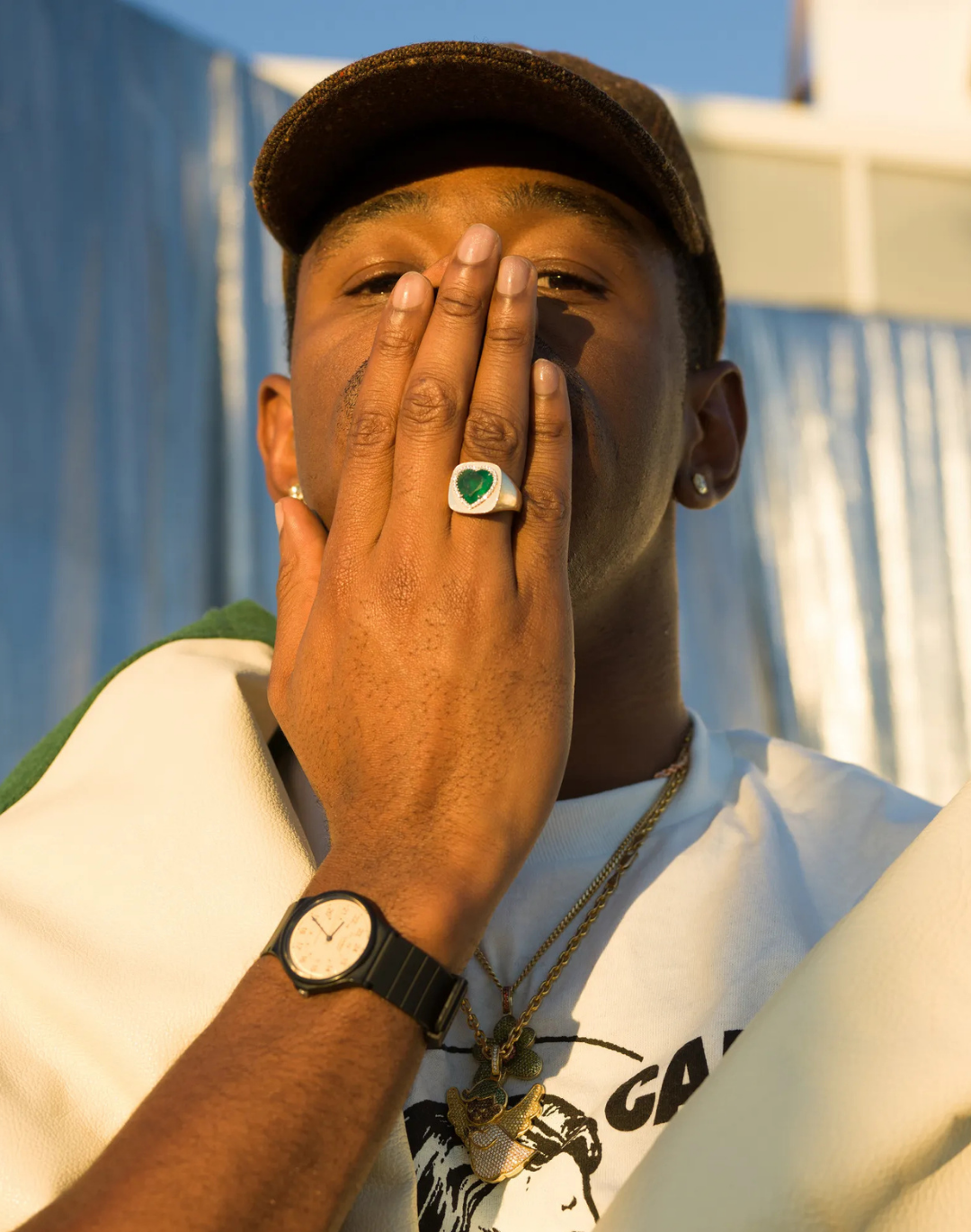
Has Farfetch betrayed fashion brands through the grey market? A BoF report reveals the dramatic changes of the e-commerce giant
Yesterday, a lengthy report was published on Business of Fashion, documenting the challenging existence that Farfetch is leading after its collapse and subsequent bailout by Coupang – a difficult transition period during which many relationships with major fashion brands have been seriously damaged due to the resale of many products on the grey market. But let’s proceed in order. In December 2023, Farfetch, perhaps the most important luxury e-commerce platform connecting customers with multi-brand retailers, found itself on the brink of bankruptcy. It was saved at the last moment by Coupang, the South Korean e-commerce giant, with a $500 million capital injection. Coupang is often described as "the Amazon of South Korea," meaning it sells generally accessible consumer products, so its acquisition of a platform dedicated to luxury fashion like Farfetch raised many concerns – especially considering that Farfetch’s business model, with often arbitrary discounts and inefficient return policies, was already beginning to frustrate both consumers and retailers. Nonetheless, after the acquisition, Coupang’s priority was to stabilize the platform’s finances, aiming to bring it to profitability by restructuring the business and offloading assets that weighed it down, including brands like Palm Angels and Off-White. Last November, Coupang stated that Farfetch was close to operational breakeven – but at what cost? It’s difficult to work in luxury while trying to cut budgets, and indeed the BoF report speaks of dramatic cuts to customer service and VIC experiences, as well as a breakdown in relationships with brands due to the grey market practice – already widespread on the app, as we previously wrote in our initial investigation on the platform.
@streetstyleposer Is Farfetch needing a $500M bailout a sign of shift in consumer behaviour, #fashion original sound - StreetStylePoser
The most controversial change was how Farfetch managed brand relationships, excluding brands from direct control over pricing strategies and opening the doors to external suppliers who sold brand products without their direct consent, dramatically highlighting the endemic problem of the grey market. A year ago, in February, Kering ended its partnership with Farfetch, withdrawing brands like Gucci, Saint Laurent, and Bottega Veneta – a major loss considering that, according to estimates, Kering generated over $100 million annually in gross merchandise volume. Others, including Celine and Alaïa, followed the same path, while Prada and Dolce&Gabbana remain present. Farfetch also eliminated the guidelines that allowed brands to control the sale of their products, such as Gucci’s practice of aligning prices with those in its stores. Historically, the platform maintained competitive prices, sometimes lower than brand preferences, but now even brands can no longer influence this practice. This significantly worsened the grey market problem: in 2023, the company introduced the "sold by Farfetch" program, allowing anonymous resellers, often multi-brand boutiques, to sell their products on the platform without direct relationships with brands, applying discounts that could vary from one reseller to another. For example, a bag could be sold on the same platform by the brand itself at a price aligned with its store but also by anonymous resellers who might apply different discounts, creating unfair competition and artificially inflating sales figures for both resellers and brands.
@francis.kassatly Is the future of Farfetch cut-price luxury fashion? #farfetch #coupang #luxuryshopping #luxuryfashion #cettire original sound - Francis | Mindful Luxury
Obviously, this process extends delivery times to up to five days, compared to the promised 48-72 hours, and has naturally been a betrayal for the brands themselves. While Farfetch tried to patch up its relationships, competitors like Mytheresa capitalized on the market gap. The German platform focused on curated assortments and exclusive events, increasing sales by 13% in the last quarter of 2024 and doubling EBITDA profits. Currently, 39% of Mytheresa’s GMV comes from the top 4% of its customers, demonstrating the importance of personalized service. And yet, despite the loss of major brands, Farfetch has expanded its offering: in January, the availability of the top 1,000 brands on the UK site grew by 3% compared to the previous year, reaching 616,400 items, even though many of those brands had theoretically left the platform. Often, it should be noted, brands themselves engage in grey market activities behind the scenes to offload unsold products and manipulate the desirability of their products on the market. Selling off products in this way eliminates the unsold inventory issue, allows brands to record healthy sales, and, of course, saves their reputation.
@tianalikestospend #stitch with @tiana villaescusa for everyone who has asked about my farfetch disaster we have an update #fashion #farfetch #coperniboots #faulty Monkeys Spinning Monkeys - Kevin MacLeod & Kevin The Monkey
The main problem, as seen, lies in a lack of understanding of luxury dynamics: Coupang’s CEO, Bom Kim, has focused heavily on operational efficiency, adopting pragmatic strategies (what’s more pragmatic than the grey market?) but failing to truly account for the "diplomatic mechanisms" governing relationships with both brands and VIP clients, who are responsible for about 30% of annual sales. The budget for engaging high-end clients has plummeted from $2 million to just $80,000, the personal shopping teams in major fashion capitals in Europe and Asia have been dismantled, and exclusive benefits like private dinners in elite restaurants have been replaced with generic events held in corporate offices. On the logistics front, the switch from DHL and UPS to the cheaper FedEx has slowed shipments and refunds, further angering customers – a quick glance at Farfetch’s Instagram comment section reveals a flood of complaints about delayed shipments, missing refunds, inefficient customer service, and unclear pricing policies. Yet, surprisingly, in the annual results presented yesterday, Coupang showed that in 2024, Farfetch recorded $1.7 billion in revenue and reduced losses to $34 million, demonstrating improvement over previous quarters, leading the company to express optimism. One has to wonder: can efficiency at all costs truly save Farfetch – and will it do so in time?
The only thing predictable about @FedEx is that they will leave you waiting all day on a package and then cancel. Multiple days in a row.
— Thy Geekdom Come (@ThyGeekdomCome) February 25, 2025
Hey @UPS, would you do this?
Despite all these issues and growing competition, luxury e-commerce is set to expand: from 20% of total sales in 2024 to a projected 33% by 2030, according to BoF. Farfetch still holds an extensive network of independent boutiques and a globally recognized brand. However, regaining the trust of brands will be anything but easy. The recent bankruptcy of Matchesfashion has shown how fragile the online luxury retail ecosystem can be. If Farfetch were to fail further, the repercussions for small labels and independent retailers could be devastating, as consultant Robert Burke told BoF: «For many specialty retailers, platforms like Farfetch are essential. Without them, the entire ecosystem risks collapsing».















































